Music and the Holocaust

As Holocaust Remeberance Day comes around on January 27, one of ACMP’s members, Dr. Leon Hoffman (Vc, Chicago, IL), reminded me how important it is to pay homage to all the musicians and composers who suffered so tragically during this terrible event. Several of the composers whose chamber music works are frequently played and cherished by our chamber music community were among those who were in persecuted groups and whose lives were changed forever. Here is a snapshot of some of those composers and their stories.
Alexander Zemlinsky was an Austrian composer, conductor and teacher. His pupils included Erich Korngold, Hans Krása, Alban Berg, Anton Webern and Karl Weigl, and he was friendly with Gustav Mahler and Arnold Schoenberg.
Zemlinsky had Hungarian Catholic heritage on his father’s side, and Jewish and Muslim heritage through his mother, but the family had converted to Judaism before Alexander was born. Zemlinsky converted to Protestantism in 1899 and, although he was not especially religious, he set religious texts and Psalms to music.
In 1927 Zemlinsky accepted an offer from Otto Klemperer to conduct at the Kroll Opera, and subsequently stayed in Berlin until 1933, guest conducting in France, Spain, Italy and Russia. On April 7 the Law for the Restoration of the Professional Civil Service excluded Jews from employment in the civil service. Zemlinsky wasted no time in leaving Berlin for Vienna in April 1933. The name ‘Israel’ was written in his Viennese residency application – whether he volunteered the information about his heritage is unknown.
Zemlinsky’s professional engagements ceased by 1935; whether he resigned by choice is unknown. Despite this, he composed prolifically throughout the 1930s, and received some performance and conducting opportunities in Vienna, Prague and Leningrad during this time. During 1936 he worked on his opera Der König Kandaules (King Kandaules), which had a libretto adapted by the French author André Gide, although he did not finish its orchestration. After the Anschluss in 1938, widespread attacks took place against Austrian Jews, and Zemlinsky and his second wife, Luise, destroyed photographs of Zemlinsky’s Muslim and Jewish grandparents, in case they could be used against him. The family was granted permission to leave Austria for the US thanks to the sponsorship of friends in America. They travelled through Prague, Rotterdam and Paris before arriving in New York in December 1938. They later found out that Luise’s mother and aunt had been deported to Terezín and perished in the camps.
In New York, Zemlinsky struggled to receive recognition for his work. He wrote a few popular songs, and his Sinfonietta was performed by the Philharmonic Society of New York in December 1940 and broadcast by NBC. Efforts to get his work Der König Kandaules premiered in at the Metropolitan Opera received little interest. He began work on a new opera, Circe, in 1939, but it was never finished. Zemlinsky’s health rapidly declined after he suffered a number of strokes, but he did meet Schoenberg for a final time – the composers had not seen each other since 1933, when they had allegedly argued over the application of twelve-tone technique. Zemlinsky died of pneumonia in 1942. Read more here.
Kurt Weill was born on 2 March 1900 in Dessau into a Jewish family with a long ancestry in Germany. As a teenager Weill began studying music with Albert Bing, and soon began composing, displaying the early predilection for vocal music that was to lead him to musical theatre. He later moved to Berlin to continue his studies, working with Engelbert Humperdinck and Ferruccio Busoni.
The aspiring musician quickly became a fixture in the vibrant cultural scene of 1920s Berlin. In 1922 he joined the Novembergruppe, a group of leftist Berlin artists that included Hanns Eisler and Stefan Wolpe. They primarily performed the works of modernist composers like Berg, Schoenberg, Hindemith, Stravinsky and Krenek. He had some early successes, but it was his partnership with Bertold Brecht that transformed Weill into an international sensation.
Like many other artists in his situation, Weill repeatedly misread political developments, believing that things were bound to get better. Eventually he learned that he and his wife were officially on the Nazi blacklist and were due to be arrested, so in March 1933 he crossed the border to France, still hoping that his stay in Paris would be temporary. Weill’s continued collaboration with Brecht while in Paris was relatively unsuccessful, and soon after his marriage ended in divorce. He then left for the USA, where he hoped to rebuild his career. There, he was also re-united with his ex-wife Lotte Lenya.
His first few years in America were fraught with difficulty – his plays were unsuccessful and the young couple struggled to support themselves. It was not until 1938, with his hit musical Knickerbocker Holiday written with playwright Maxwell Anderson, that Weill finally gained access to the musical theatre scene of Broadway. Despite his financial success in the United States, however, he never achieved the sort of fame or influence that he had enjoyed during the Weimar years. Always something of an outsider, he remained on the fringes of the musical establishment, and until his death was denied membership into the American Academy of Arts and Letters. Weill died at the age of 50 on 3 April 1950. Read more here.
Bohuslav Martinů was a Czechoslovakian violinist and composer. Inspired by traditional Bohemian and Moravian folk melodies as well as contemporary music, Martinu wrote chamber music, operas, ballets, orchestral, and vocal works.
After the Nazi invasion of Czechoslovakia in 1939 and the signing of the Munich Agreement, Martinu tried to join the Czech Resistance in France but was not accepted because of his age. Instead he wrote a cantata for baritone, chorus and orchestra, Field Mass (Polní mše, 1939) in tribute to the Czech Government-in-Exile led by Edvard Benes and the Czechoslovakians fighting in the French army.
Field Mass was first broadcast in England and heard over the radio in Czechoslovakia. When the Nazis became aware of Martinu’s tribute to the Czech resistance, the composer was blacklisted by the regime. After the Nazi invasion of France in 1940, Martinu and his family were forced to flee because, as an enemy of the Nazis, Martinu risked arrest and imprisonment. The Martinus fled first to Aix-en-Provence in the south of France before crossing the border through Spain to Portugal in January 1941 and eventually fleeing by boat to the US. Composer Paul Sacher assisted with the Martinus’ financial costs.
Though Martinu initially struggled to settle in New York he soon adjusted and joined the teaching staff at Mannes College of Music and Princeton University. He composed prolifically in the US; he had not composed a symphony before arriving in America but wrote one per year from 1942-46. He also enjoyed premieres of compositions by leading American orchestras in New York, Boston and Chicago. In 1943 the New York Philharmonic premiered his eight-minute symphonic poem, Memorial to Lidice (Památnik Lidicím). The piece commemorates the 340 Czechs murdered by the Nazis in June 1942 in the village of Lidice. The piece premiered in an all-Czech concert on 28 October 1943, the anniversary of the formation of the Czech Republic in 1918.
Martinu became a US citizen in 1952 and returned to France in 1953 before accepting a teaching position at the American Academy in Rome in 1956. He died in Switzerland in 1959. Though he had been unable to return to Czechoslovakia during his lifetime, he was posthumously transferred to his hometown of Policka in 1979. Read more.
While never a practising Jew, Arnold Schoenberg’s (1874-1951) Jewish heritage had a significant impact on both his personal life and musical compositions. Schoenberg’s revolutionary musical technique of dodecaphony (using an ordered series of all twelve chromatic tones as the basis for a musical work) was his signature creation, and he often boasted that its modernist structure would secure ‘the hegemony of German music’ into the next century. Such nationalistic assertions would assume a sadly ironic tone in the inter-war period, during which anti-Semitic reactions to Schoenberg and his music became more prevalent and ultimately forced the composer’s emigration to America in 1933. When the National Socialists enacted the Gesetz zur Wiederherstellung des Berufsbeamtentums (Law for the Restoration of the Professional Civil Service) in 1933 which banned Jews from holding university positions,Schoenberg, then a professor of composition at the Akademie der Künste (Berlin), emigrated to America. He later accepted a position at the University of California Los Angeles.
In the years that followed, Schoenberg actively pursued Jewish issues and topics in both his essays and musical compositions. In the 1940s, despite his failing health, he continued to address specifically Jewish themes in three works: Die Jakobsleiter (1922; revisions unfinished); Moses und Aron (unfinished); and A Survivor from Warsaw (1947). Schoenberg died in Los Angeles, California, in 1951. Read more.
Visit Music and the Holocaust for all sources and many more articles.
To find chamber music by these composers, visit Find Chamber Music on the ACMP website.
If you would like to add content to this post, contact jclarke@acmp.net
Header photo, from left to right: Béla Bartók, Alexander Zemlinsky, Kurt Weill, Bohuslav Martinů, Arnold Schoenberg
More Articles
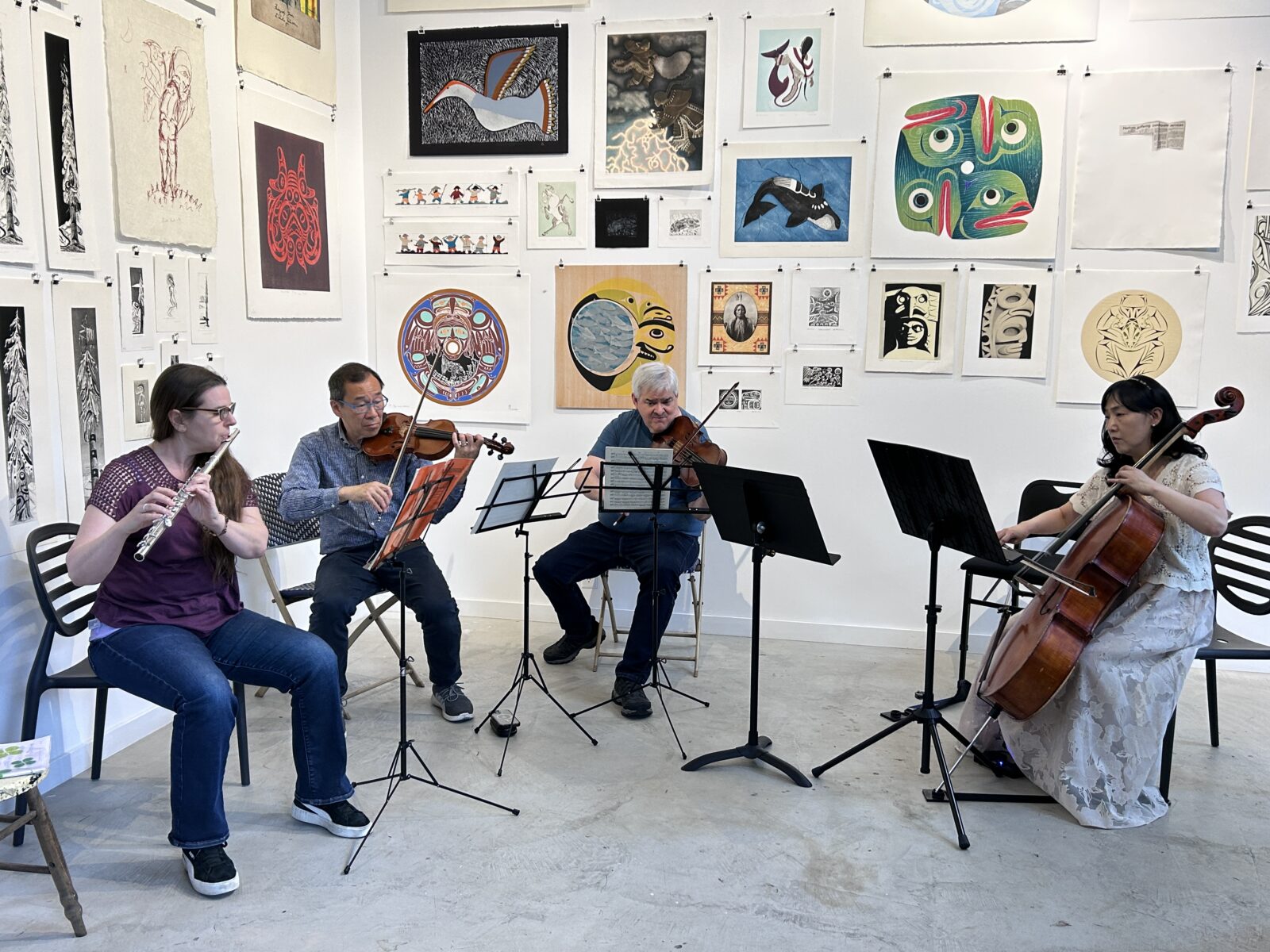
And the Play-Ins continued in June!
With ACMP's rapidly growing community of chamber musicians, Play-In season is never over! Read about two recent Play-Ins in June.Read More ↗
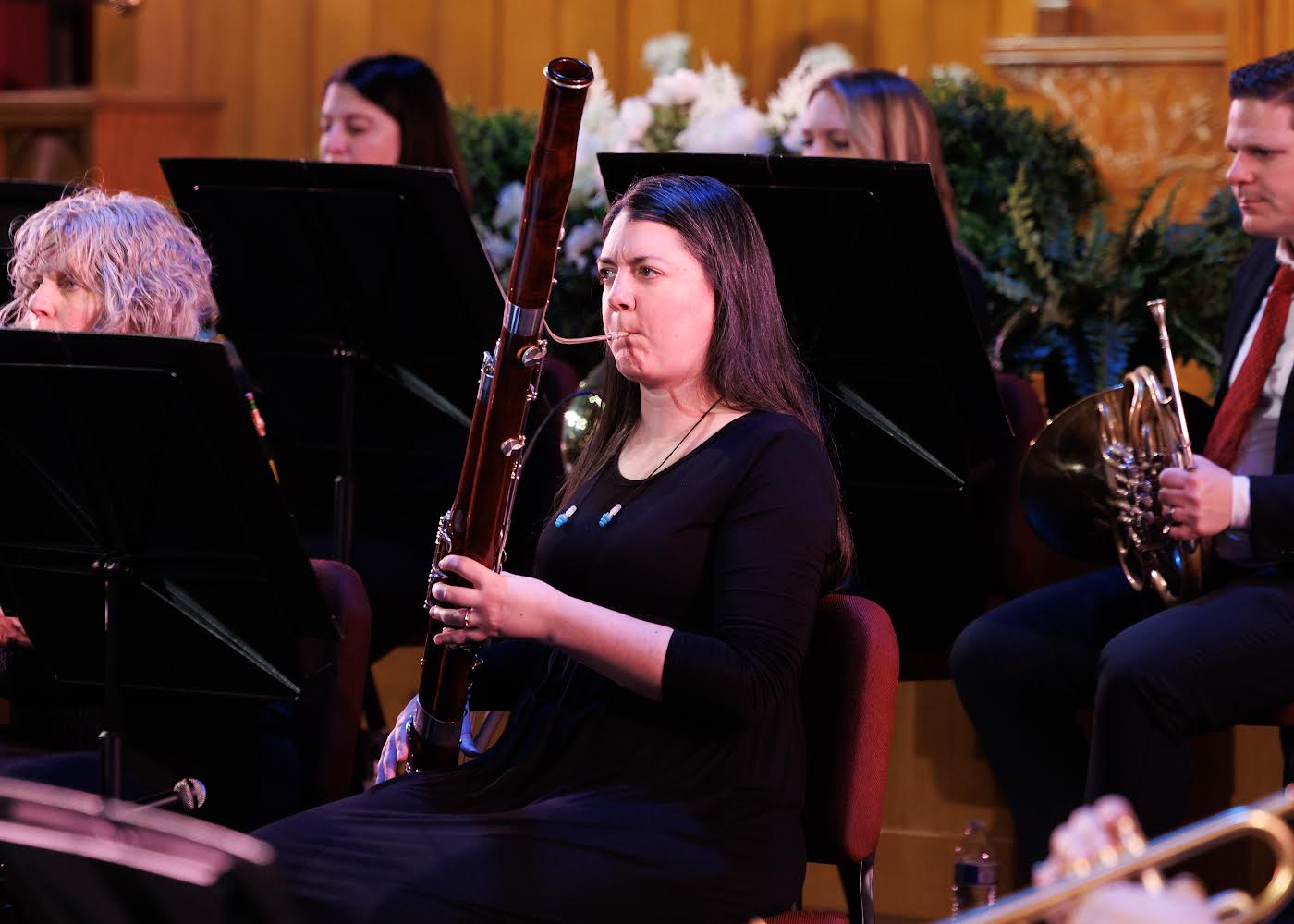
2025 News of Note Puzzle Contest Winner and Answers
Congratulations to bassoonist Jessi Vandagriff for winning this year's News of Note puzzle contest. And read more for the great puzzle answer reveal!Read More ↗
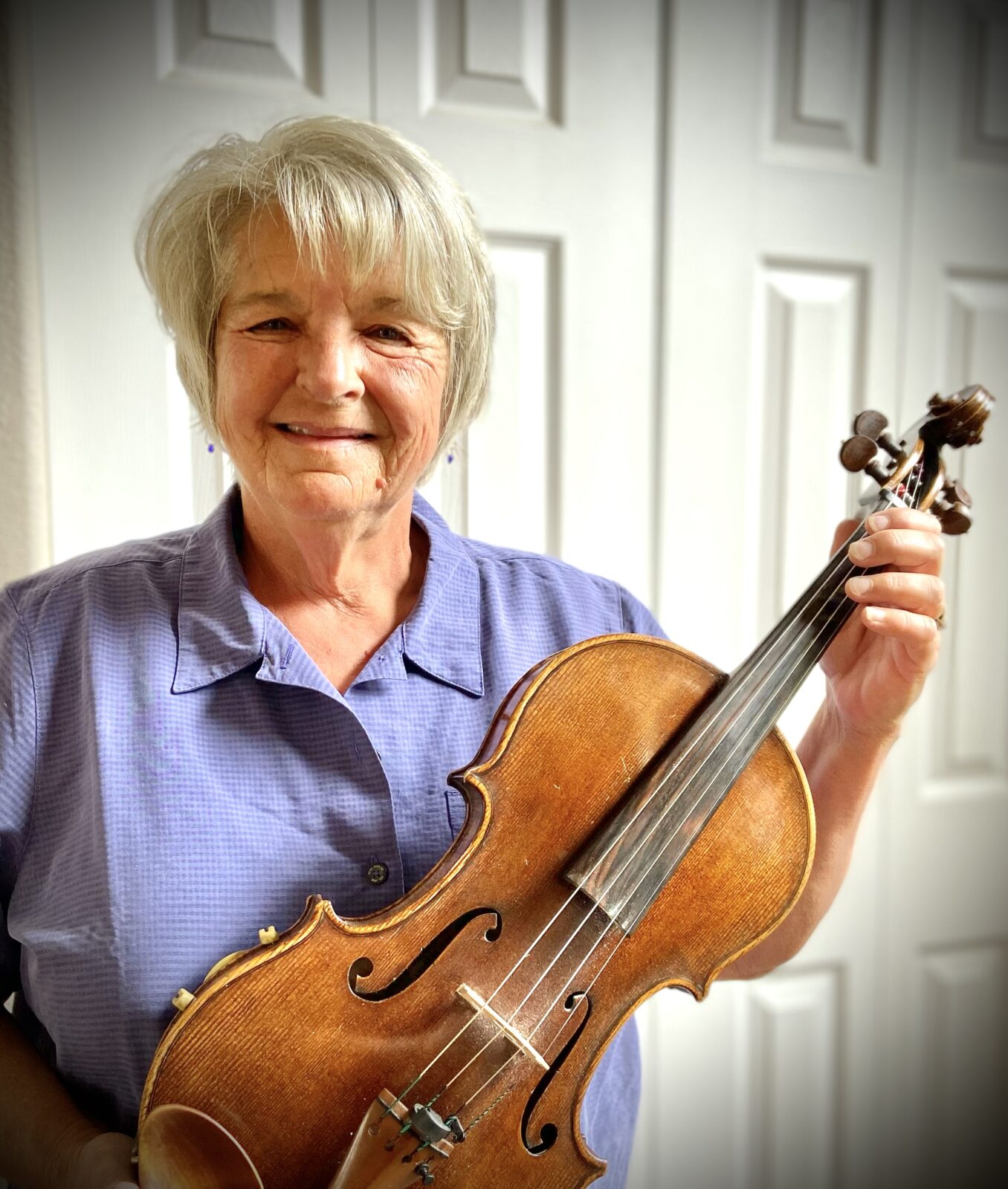
Member of the Month, July 2025: Cheryl Hite
The ranks of ACMP members are filled with professionals who began their college careers with the intent of pursuing music for a living, then for whatever reason moved into another career. Colorado-based violist Cheryl Hite is one of those musicians. A native of Detroit, she enrolled at Indiana University in the 1970s as a double major – biology and viola performance. Read her interview with ACMP Board Chair Bob Goetz.Read More ↗
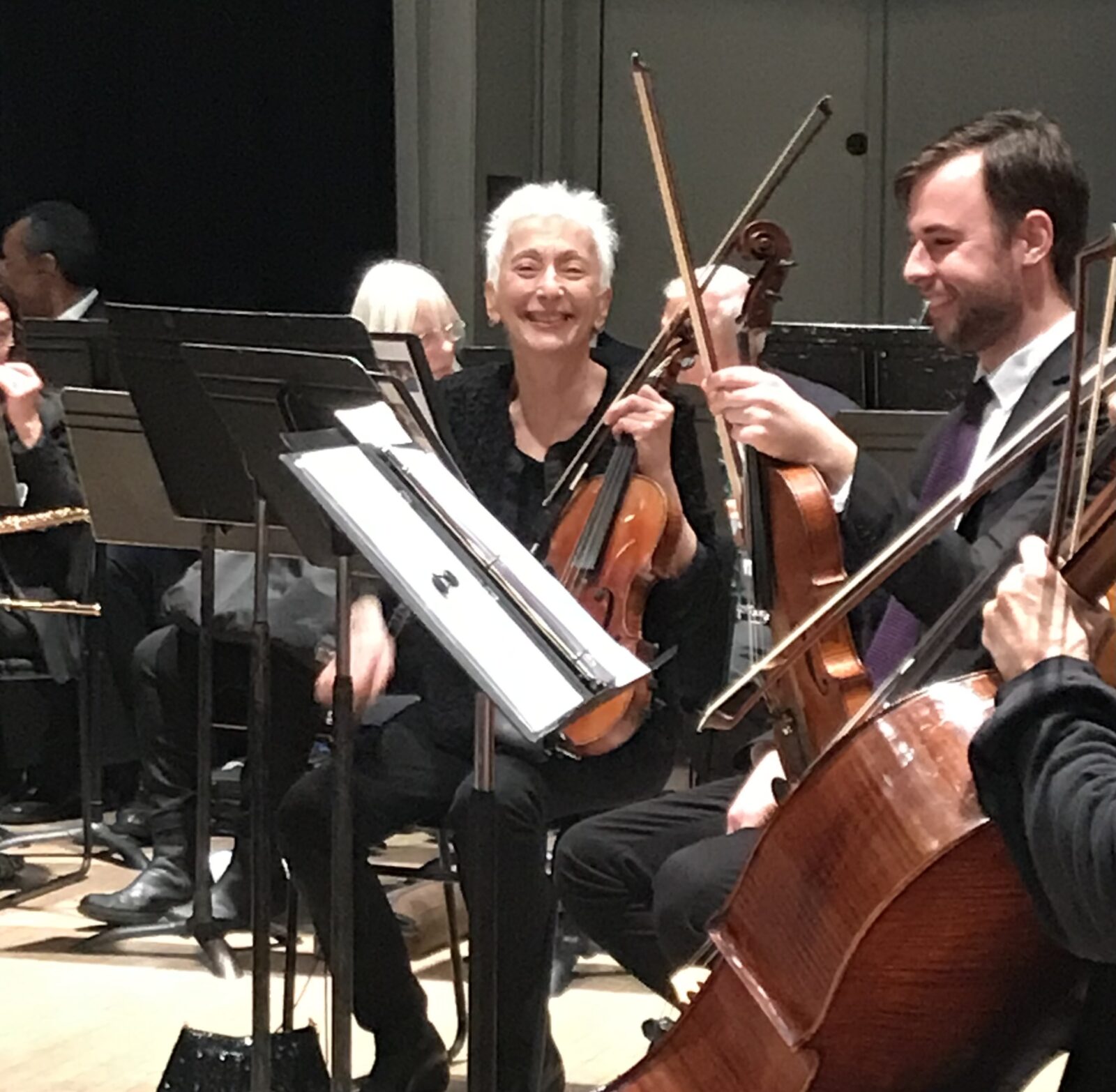
The day my quartet played out of tune and almost got our host evicted
Chamber music can be a high stakes activity - play a bit out of tune, and your host could end up on the street. Read about one such close call in New York City.Read More ↗
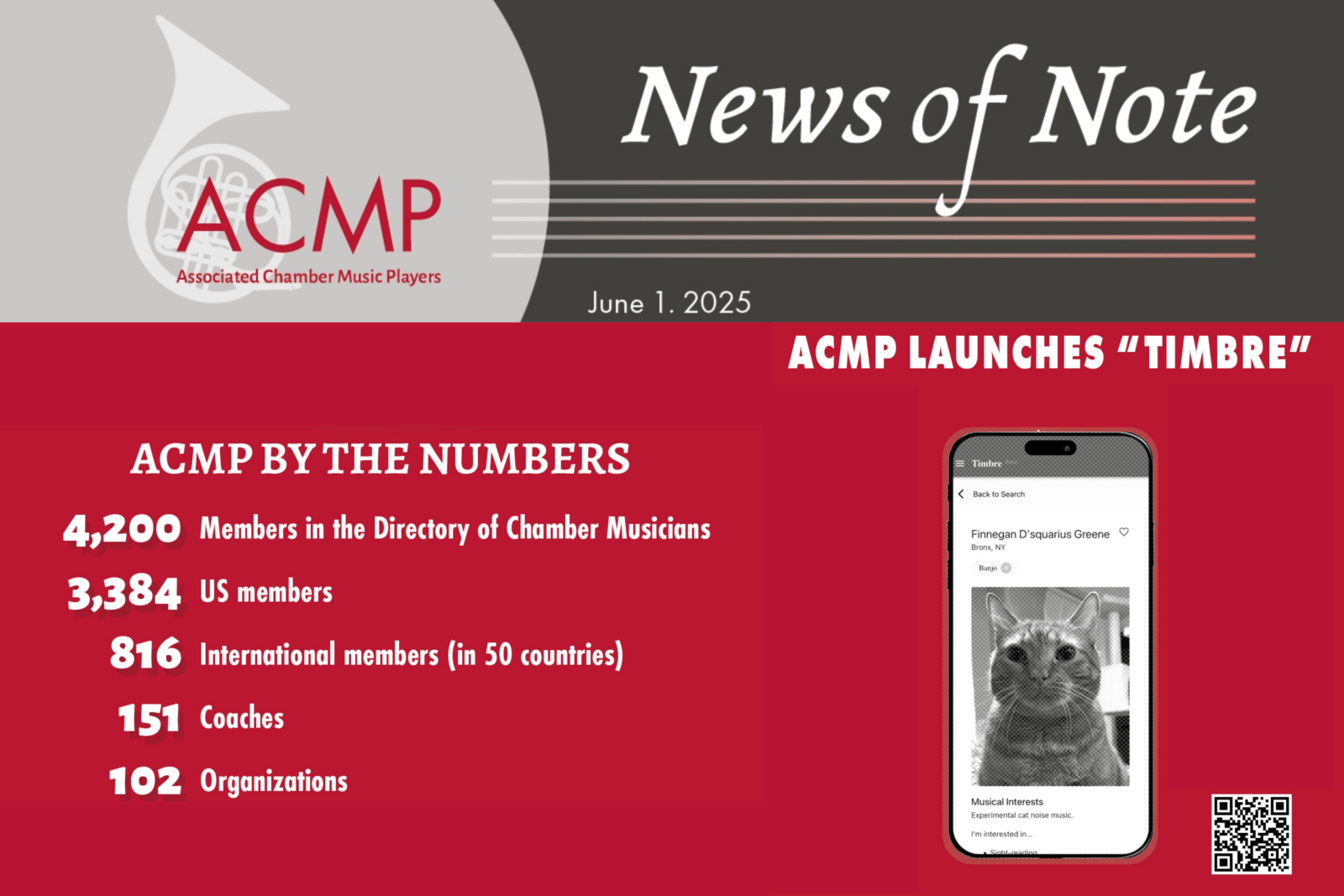
News of Note 2025
It’s that time of year again! The web version of the 2025 News of Note is live, featuring updates from the past year—and some fun extras, including everyone’s favorite: a new puzzle. (Submit your answers by July 1!)Read More ↗
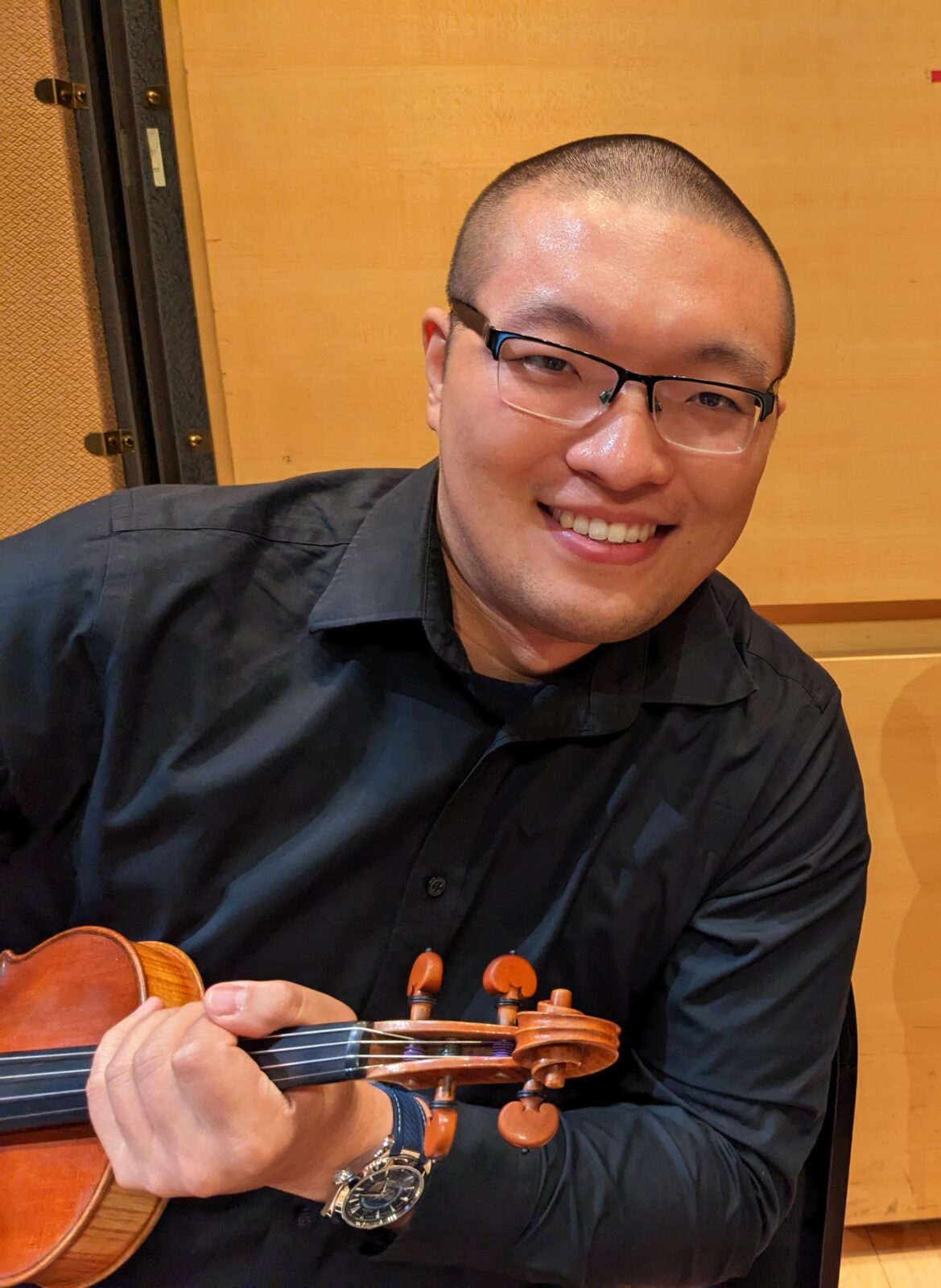
Member of the Month, June 2025: Frank Song
Frank Song, 28, may work remotely as a software engineer, but when it comes to music and the arts, he is all about being there, in person. With the flexibility to travel in his work, he seeks out concerts or museum exhibits in cities far beyond his home in Toronto. And while he’s at it, he takes along his violin to play chamber music. We caught up with Frank on a recent visit to New York, where he played chamber music with people he found through ACMP.Read More ↗

Seasoning for the Seasons
With a taste for adventure and a pinch of whimsy, follow ACMP cellist Tom Cappaert’s lead: stage a chamber concert in a Quito pizza parlor.Read More ↗
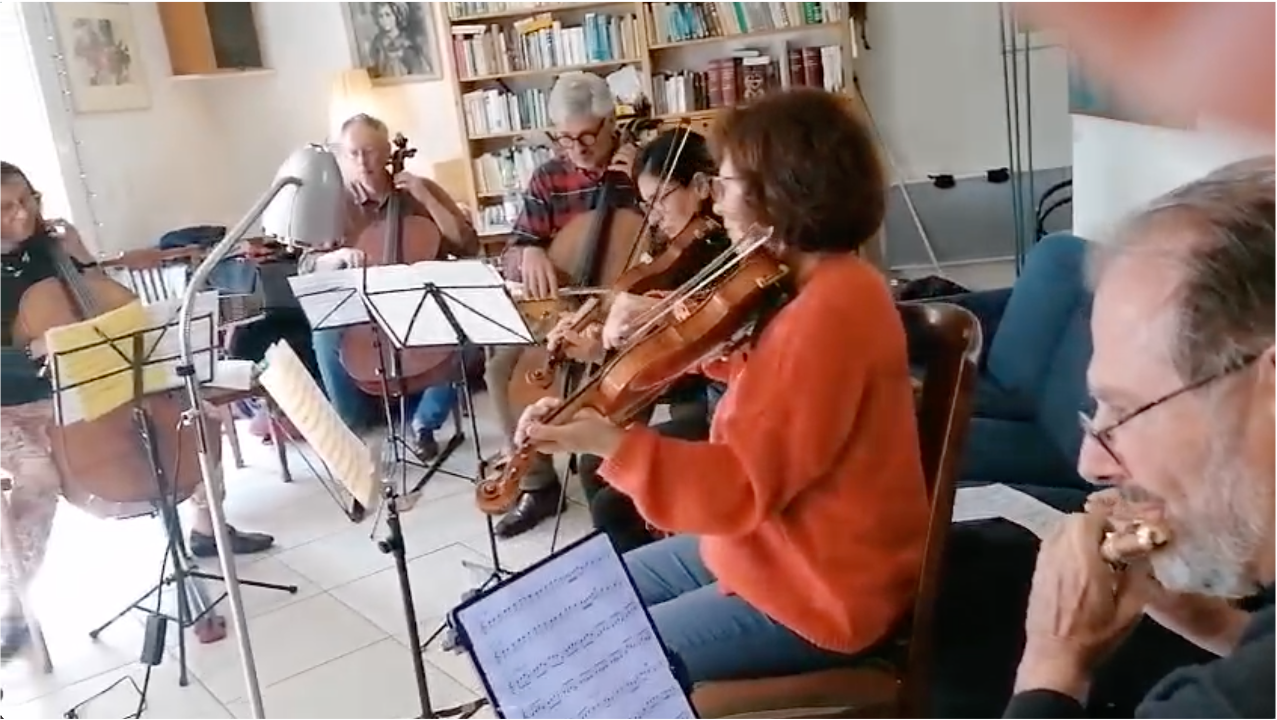
May 2025 Play-In Highlights!
Highlights from just a few Play-Ins during National Chamber Music Month!Read More ↗
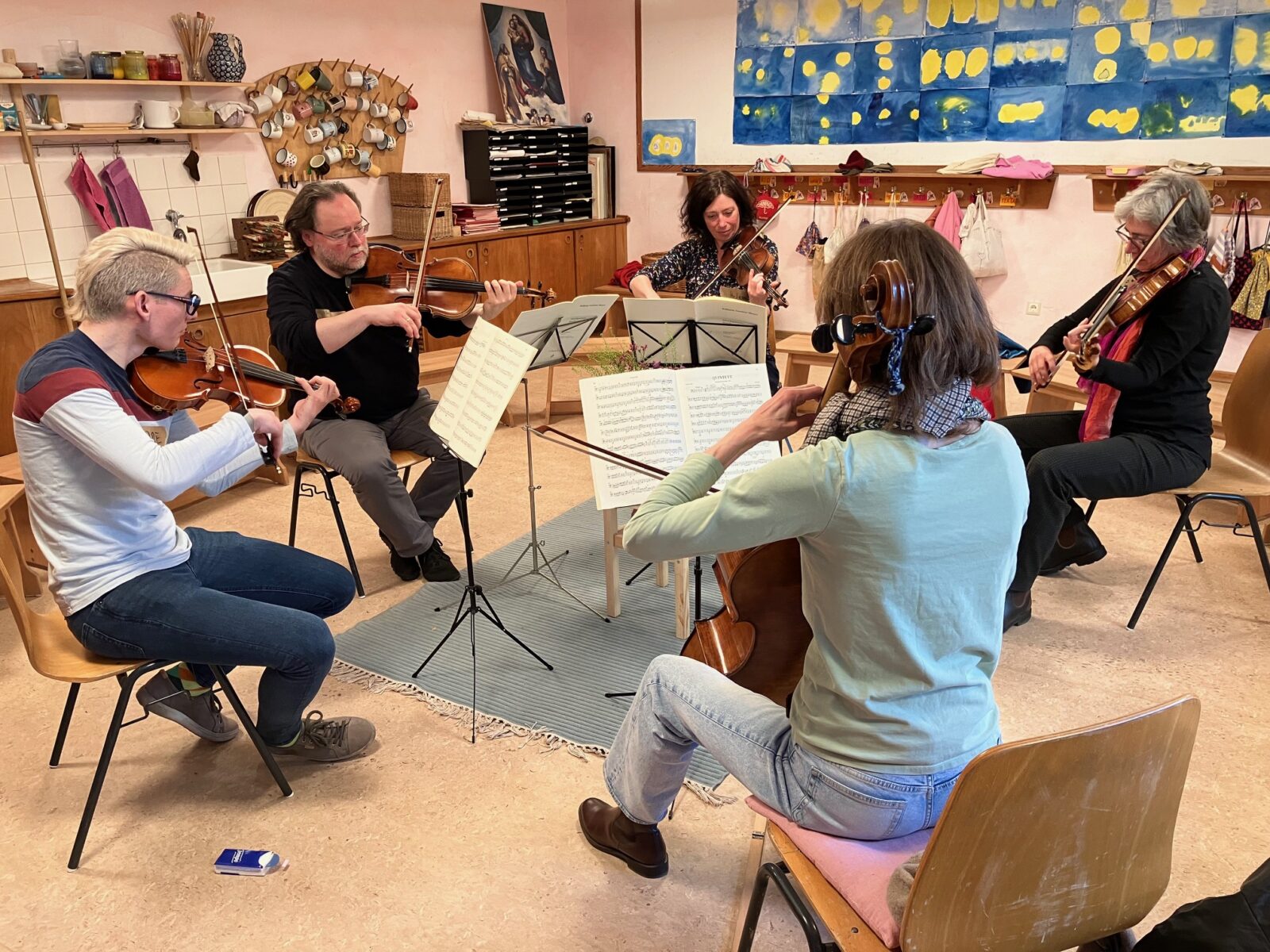
Play-In Report: Berlin Kammermusik Liste
Michael Knoch runs the Berlin Kammermusik Liste, and represents ACMP as its International Ambassador in Germany. He holds at least two Play-Ins a year, and has a unique gift for organizing large Play-Ins with a mix of all instruments and voice. Read about his second Play-In of 2025!Read More ↗
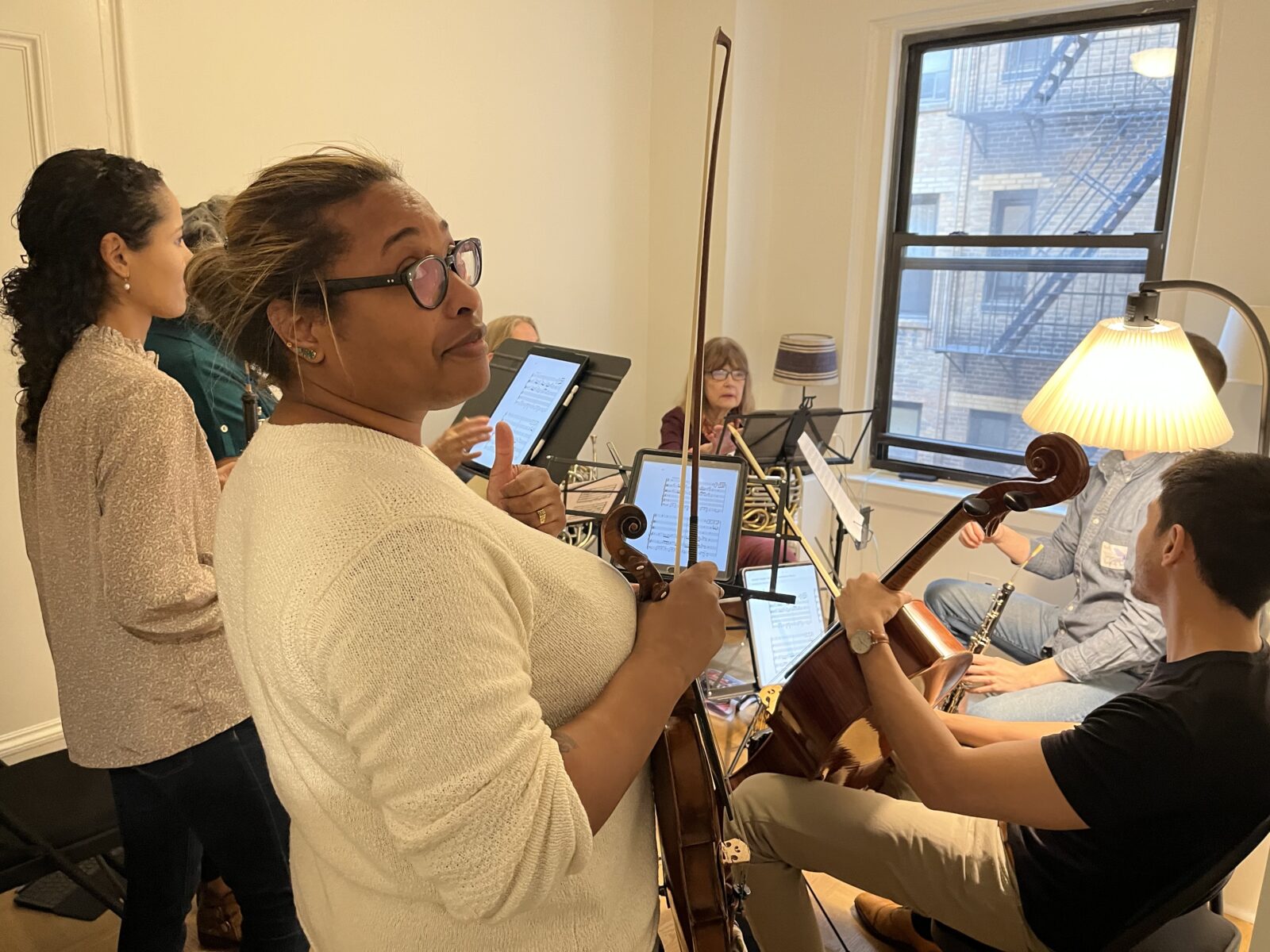
2025 Worldwide Play-In Events
May is Chamber Music Month! Celebrate with Play-Ins all month long, and during the Worldwide Play-In Weekend: May 16-18, 2025. See this list of Play-Ins in the ACMP Directory to date, and keep checking it for updates.Read More ↗
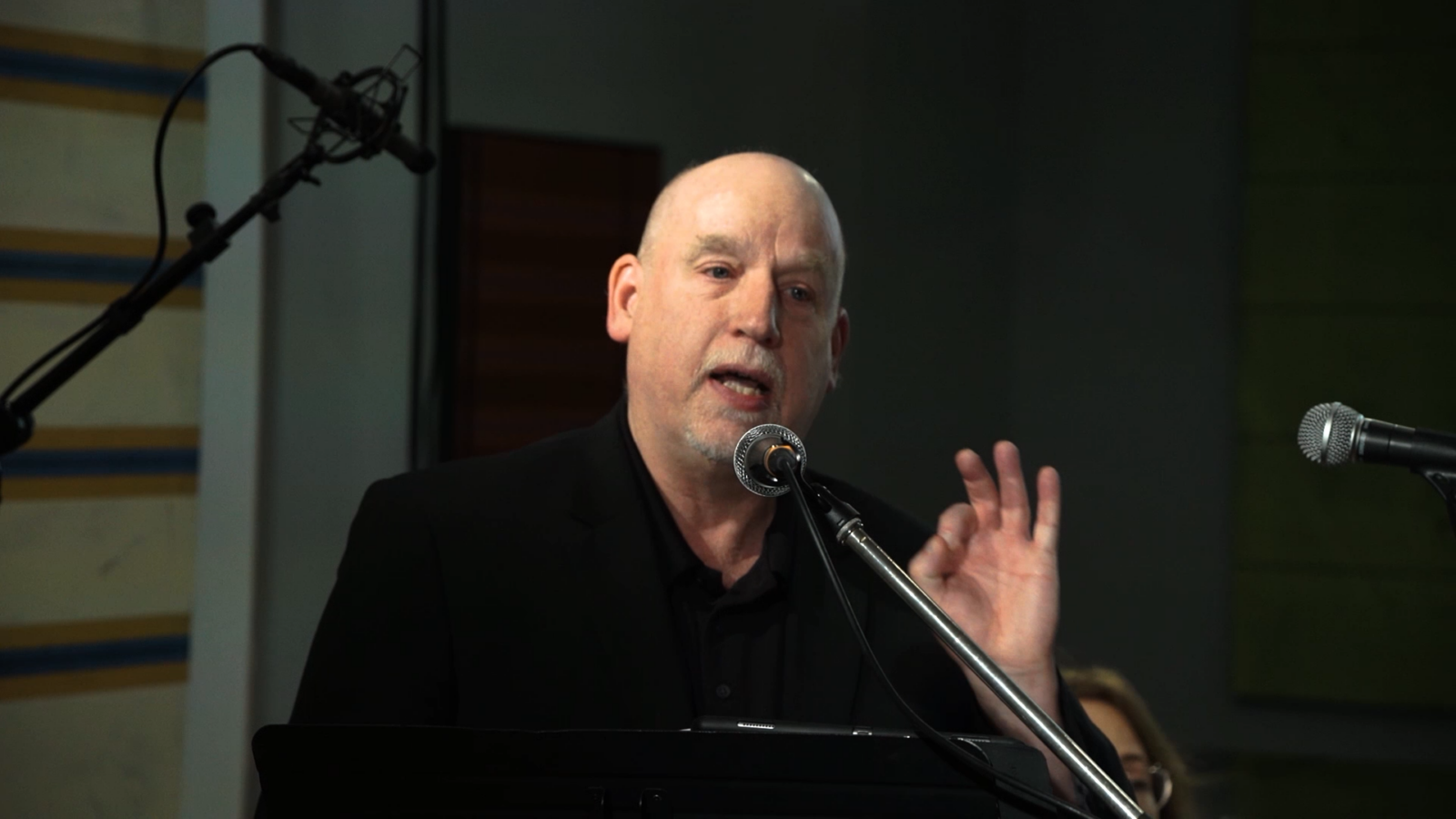
New Video: Ravel’s String Quartet with Cal!
Cal Wiersma is back, sharing ensemble tips and tricks through the lens of Ravel’s String Quartet.Read More ↗
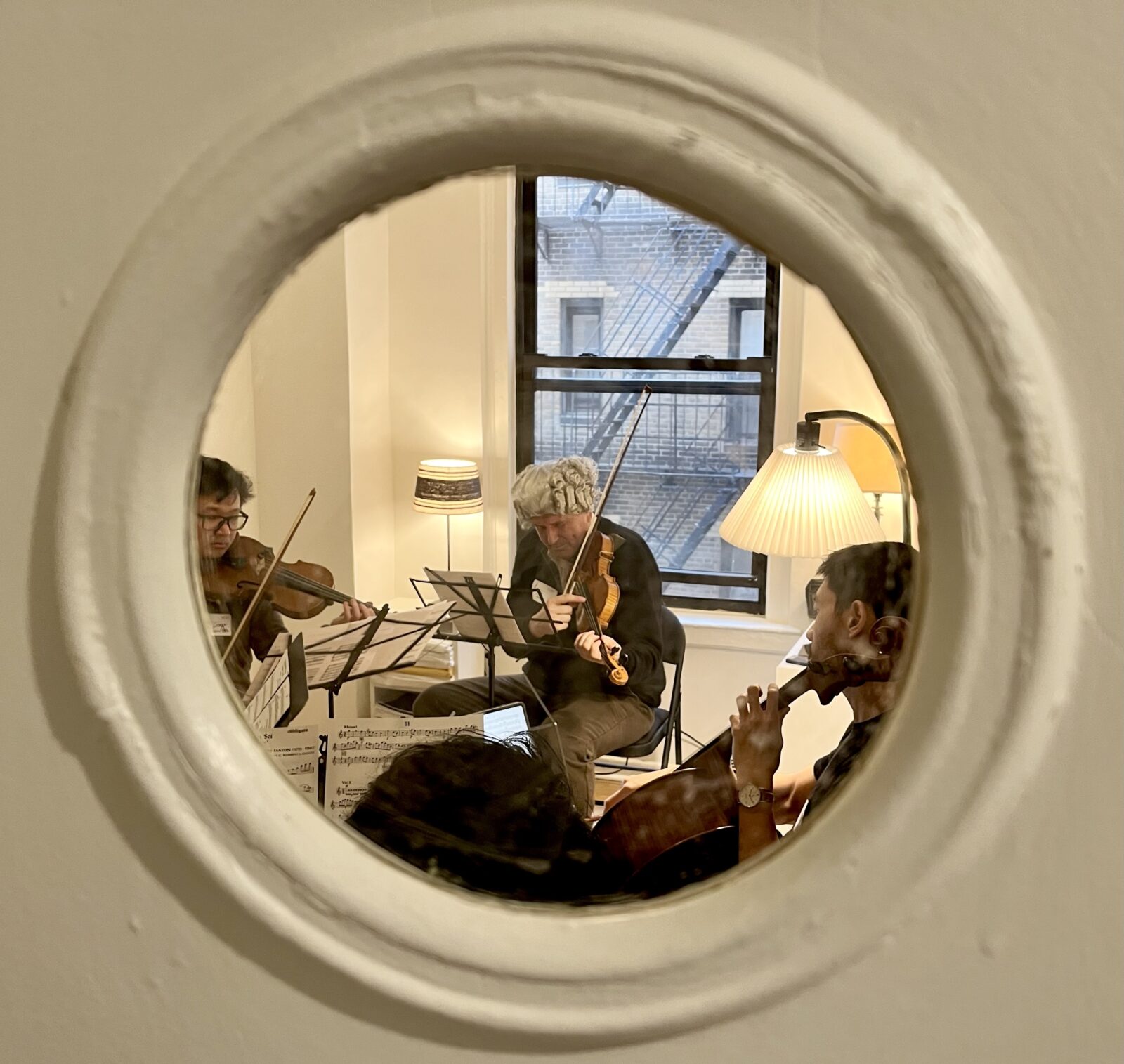
Here’s looking at you, Joe!
One day before Haydn's 293rd birthday - a Haydn party happened in Manhattan. Haydn himself appeared (in the form of ACMP violinist, board member and host, Bob Goetz.) 30 players participated - one third of the participants were wind and brass players! Read about the party and get some fun repertoire ideas!Read More ↗
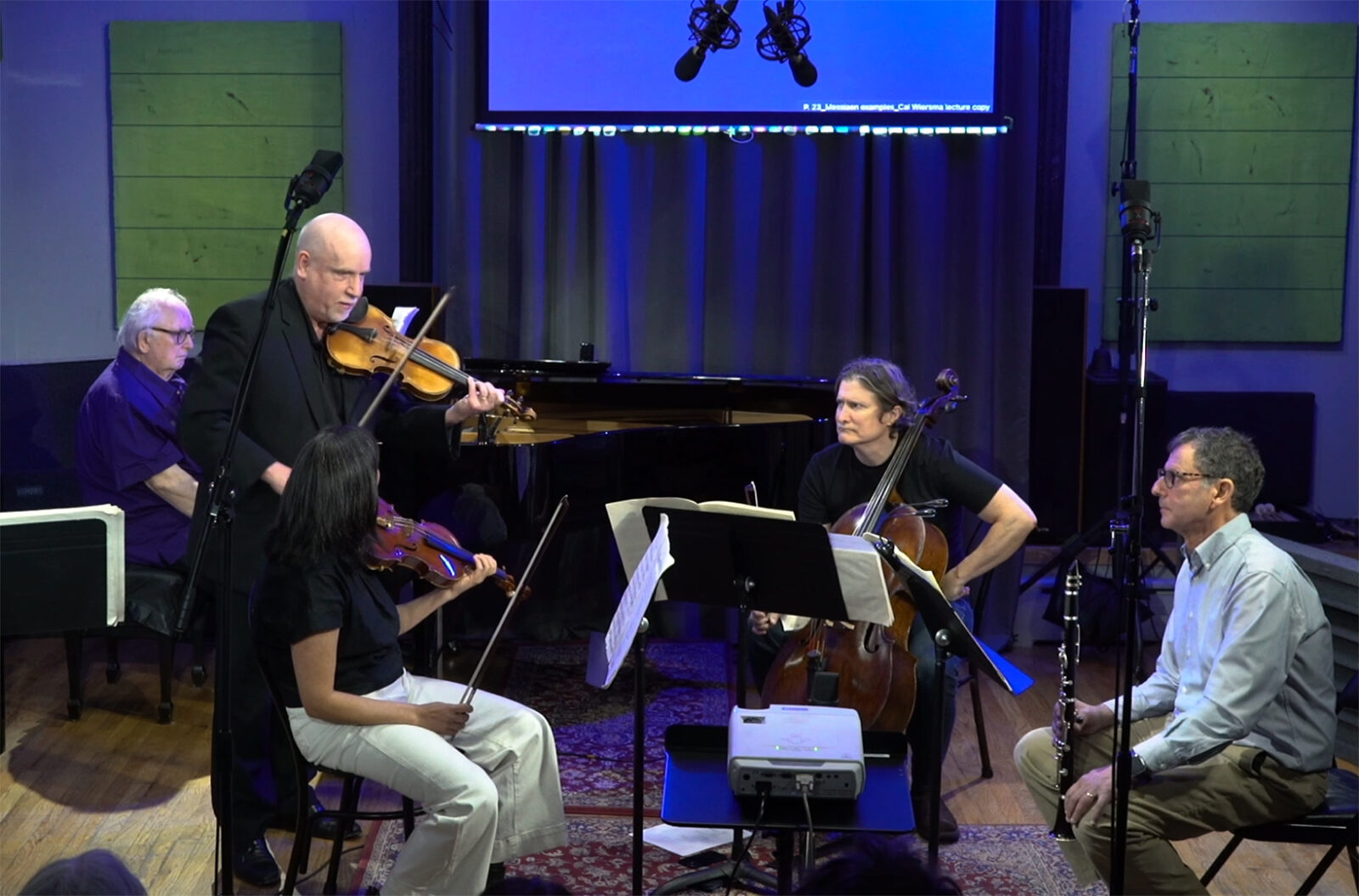
Cal Wiersma Class: Rehearsal Techniques in Ravel’s String Quartet
Back by popular demand - ACMP is offering another live and live-streamed class with violinist and chamber music coach Cal Wiersma on chamber music rehearsal techniques in Ravel's String Quartet on Sunday, April 6 at 3pm ET.Read More ↗
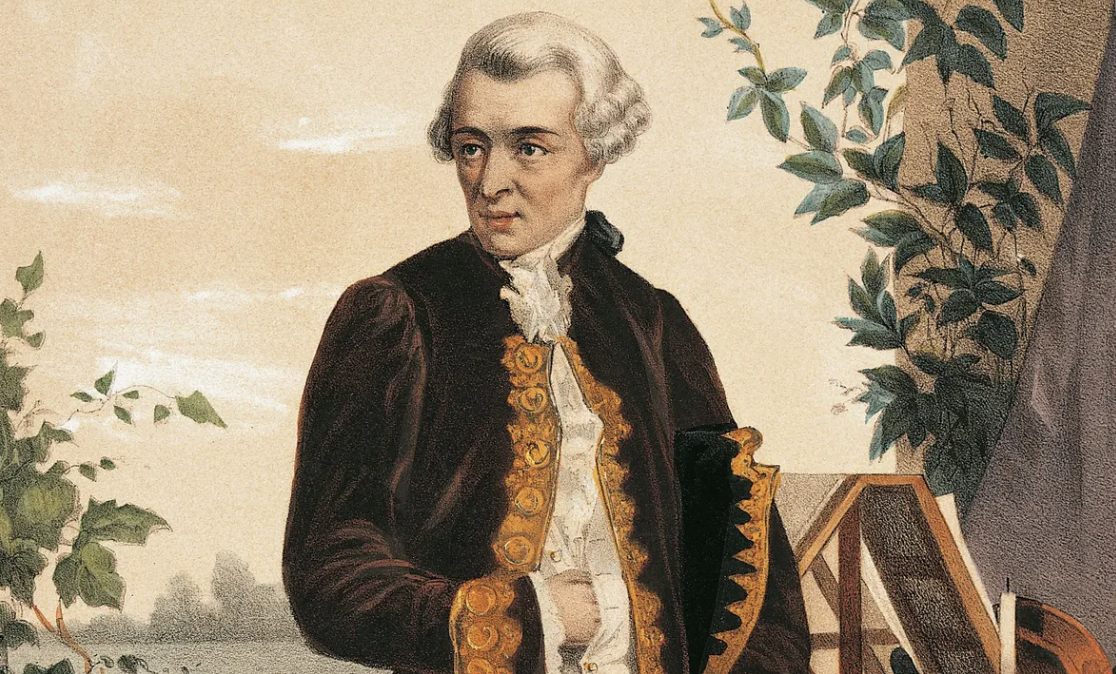
The 2025 ACMP Haydn Challenge
March 31 is Joseph Haydn’s birthday! It’s also a fabulous occasion to celebrate his contributions to the world of chamber music with a gift in his honor to ACMP…Throughout the month of March, we hope you will participate in the ACMP Haydn Challenge.Read More ↗
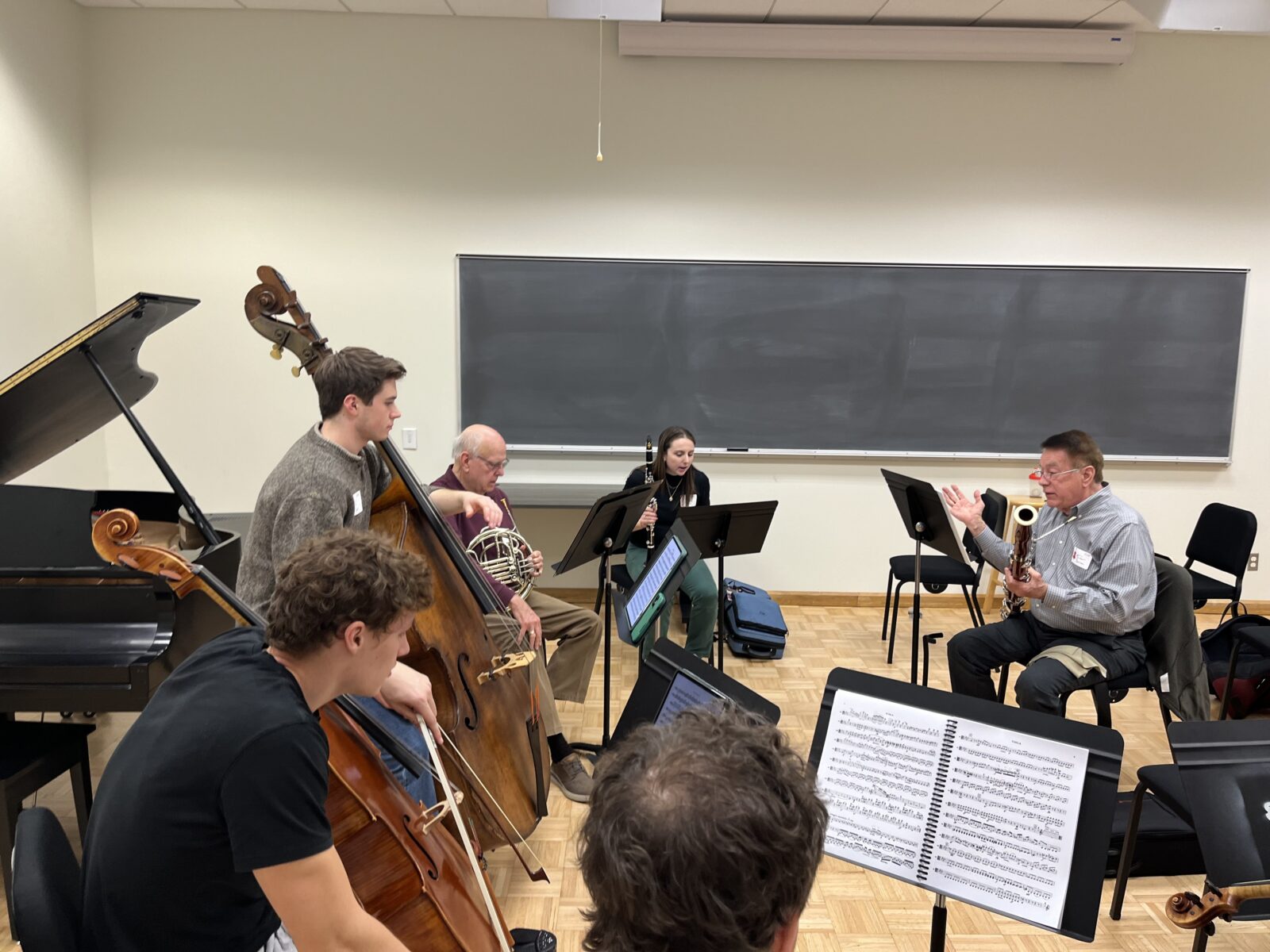
Post-CMA Conference Recap 2025
The CMA Conference in Houston—four days of nonstop music, inspiring connections, a jam-packed ACMP Play-In and a surprise woodwind trio at the Menil Collection!Read More ↗
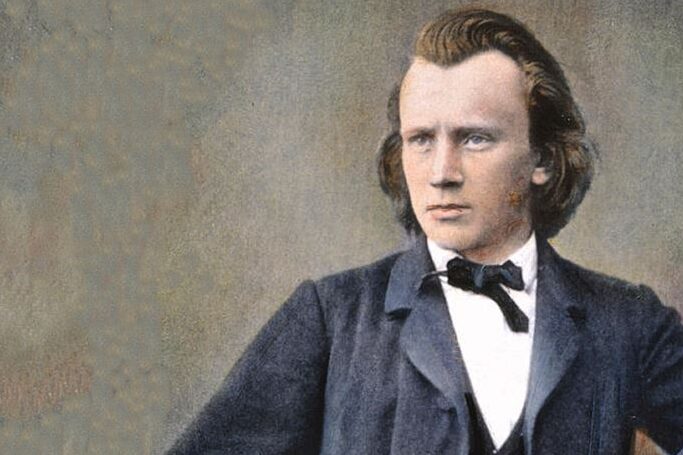
New Listening Club Video: Exploring Brahms Piano Quintet in f minor, Op. 34
Out now! Watch the video recording from our recent Listening Club event with Peter Fender returning and going through Brahms’ Piano Quintet in F minor, Op. 34—an arrangement of an arrangement.Read More ↗
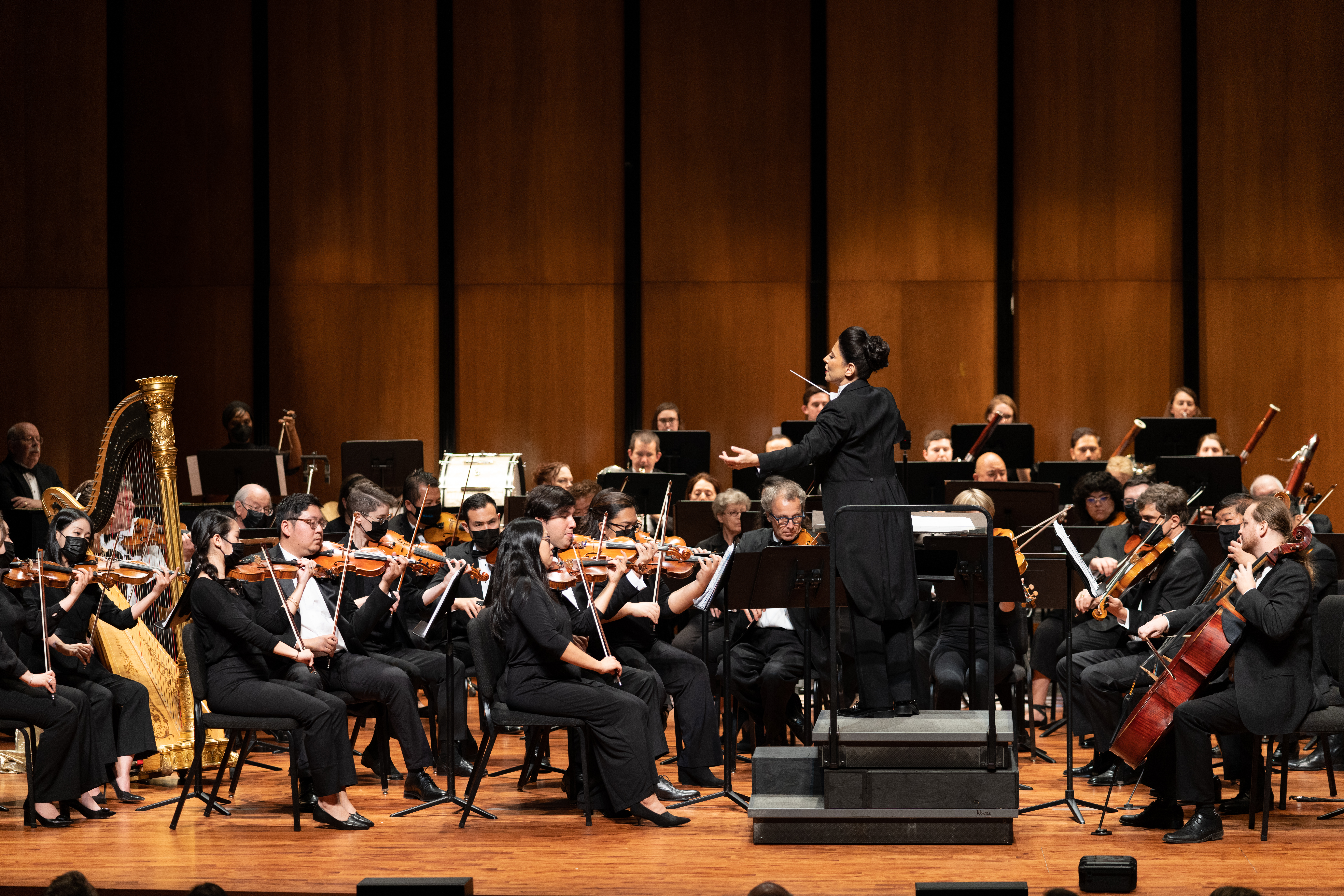
An orchestra born out of one woman’s dream
Over the course of its 25 years, the Texas Medical Center Orchestra has earned national acclaim in becoming a fixture of the Houston musical community. But how it got to this point can be traced to the vision of one woman—Libi Lebel, who moved to the Houston area in the late 1990s as an aspiring conductor and simply wanted to find a group to lead.Read More ↗

And it’s launched! The new Timbre web app
Just in time for Valentine's Day, ACMP is launching its new Timbre web app. Here's how to find it - and some handy tips on how to use it, too.Read More ↗
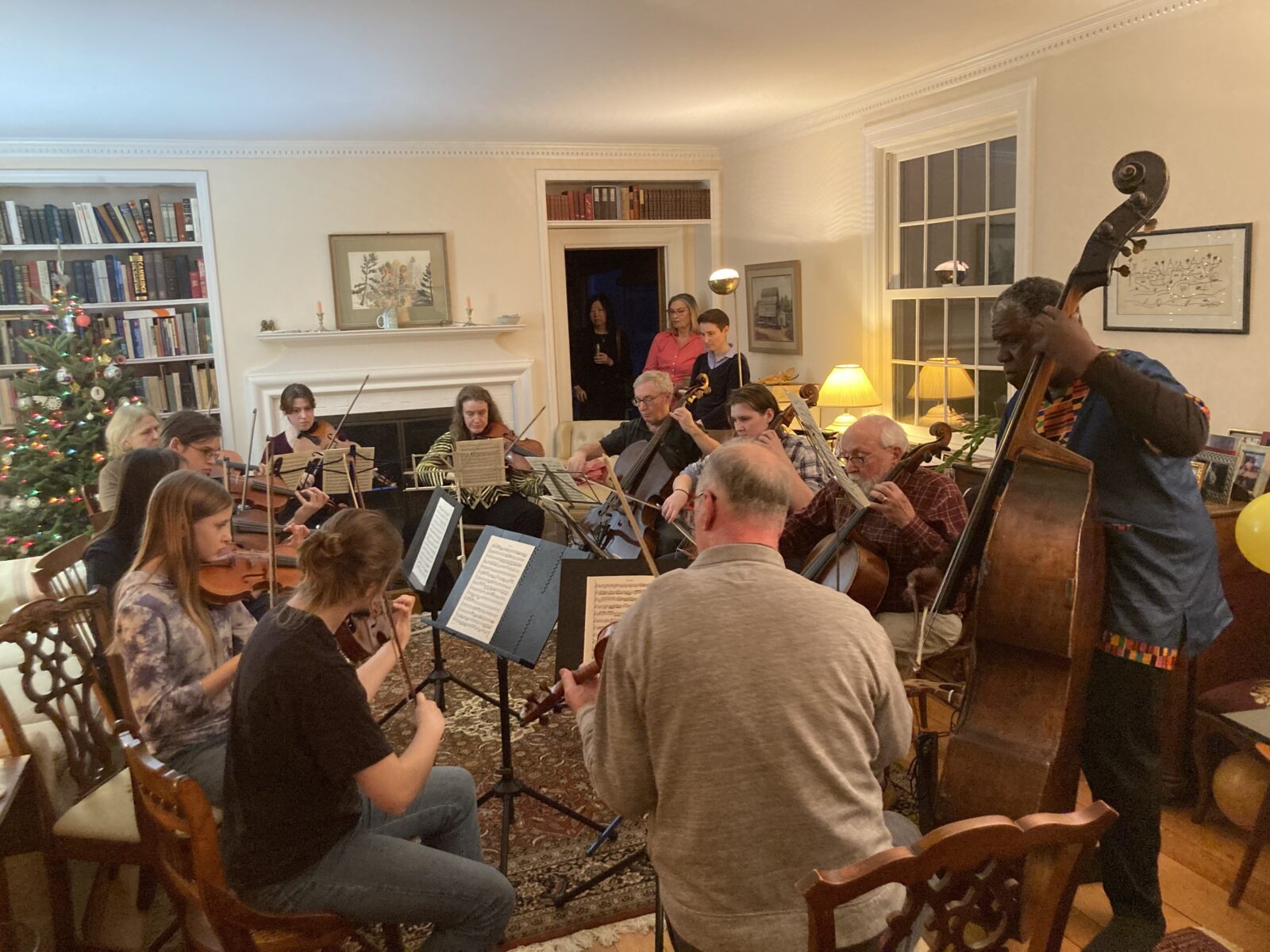
Celebrating the holidays with chamber music!
Looking back on a festive holiday season,ACMP was especially inspired this year by how many of our members made music together in their homes as part of their celebrations. ACMP Executive Director Stephanie Griffin attended two of these, and a special jazz party on New Year's Day.Read More ↗
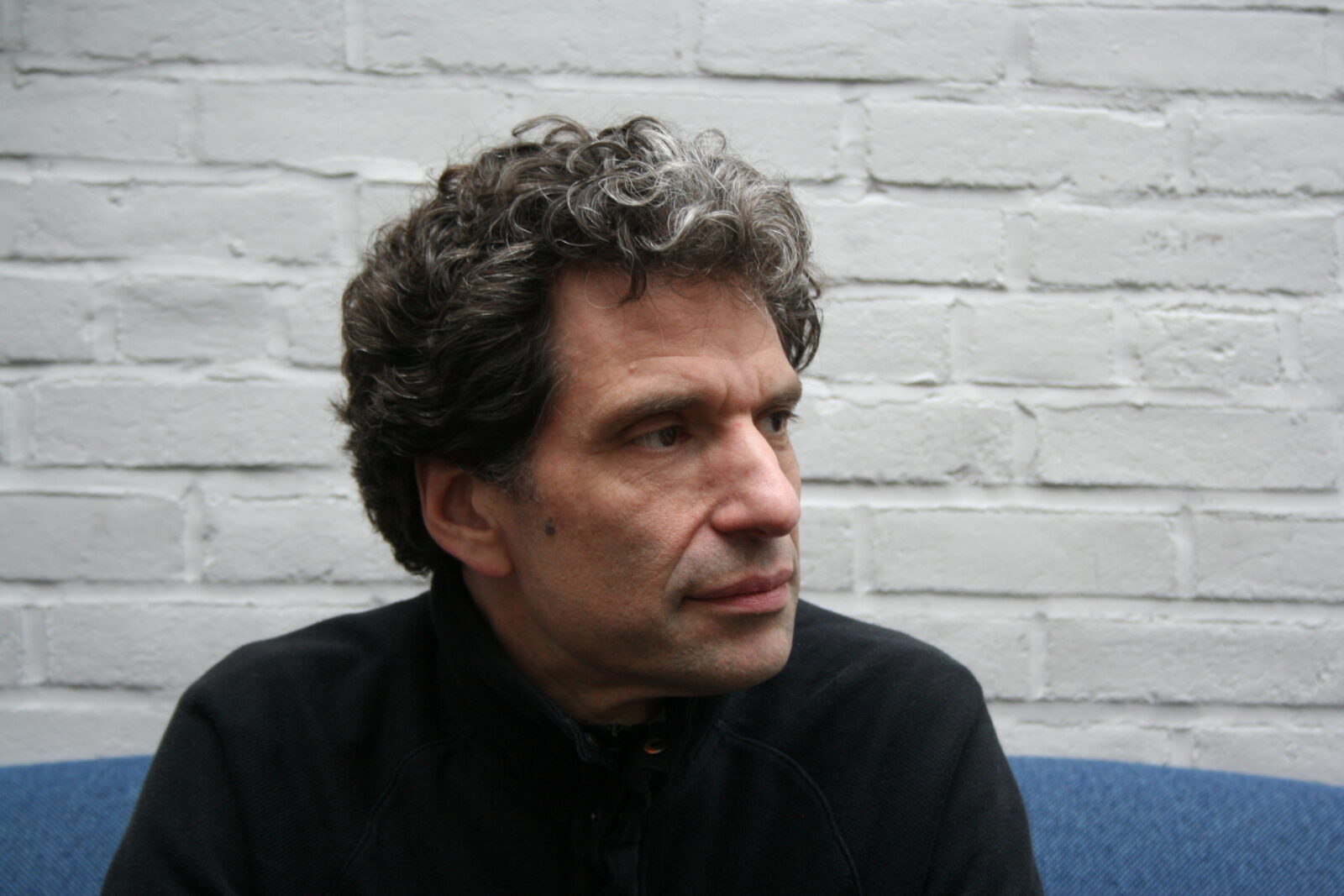
ACMP member discount on Seth Knopp’s new course “Music Speaks”
Join pianist and Yellow Barn Artistic Director Seth Knopp in New York City for a unique new music appreciation course "Music Speaks" on February 22 and 23 and March 1 and 2. And enjoy a 20% discount as a member of ACMP!Read More ↗